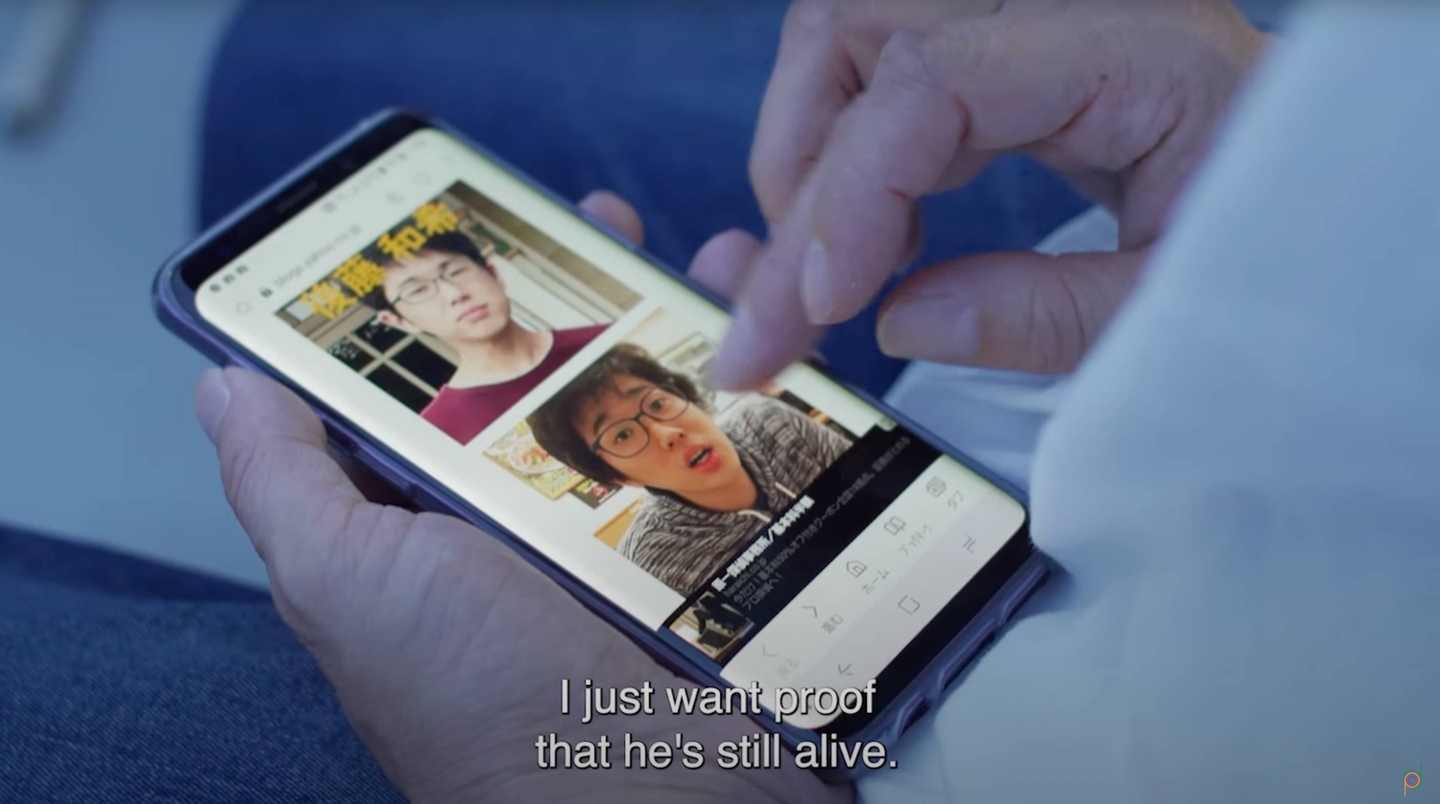Japan sees over 100,000 missing persons cases reported each year, and not all of them are accidentalPauseMute
Remaining Time -9:51Close Player
Have you ever had a moment where life feels overwhelming and you secretly wish you could just walk away from everything?
In reality, most problems can’t be solved by simply throwing money at them, but in Japan there’s an unusual and surprisingly active industry where people do just that—pay to vanish.
It might sound like something straight out of a movie, and in fact, we’ve seen versions of this in pop culture before. Think of Harvey Keitel’s character Winston Wolfe, the professional ‘fixer’ in Pulp Fiction.
Or Robert Forster’s Ed in Breaking Bad, who ran a vacuum repair shop but secretly specialized in giving people new identities. He could make you disappear with nothing more than a quiet mention of “a dust filter for a Hoover Max Extract® Pressure Pro™, Model 60.”
That concept isn’t pure fantasy. In Japan, there’s a long-standing practice called johatsu, which literally means ‘evaporation.’ It describes people who choose to erase themselves from their lives and disappear.
Officially, around 100,000 people are reported missing in Japan every year. While many of these are genuine cases of accidents or tragedies, a portion of them are individuals who decide to vanish deliberately, often with the help of professionals.
In Japanese culture, quitting a job is often seen as shameful. Because of that, some individuals choose johatsu as an escape from intense workplace pressure. Others turn to it due to depression, gambling or substance addiction, involvement with cults, or in an effort to escape abusive relationships.
The term johatsu was first coined in the 1960s, but the practice became widely recognized during the economic crash of the 1990s, also known as the ‘Lost Decade.’ Many men who lost their jobs and fell into unmanageable debt disappeared to escape their circumstances.
The phenomenon was recently explored in detail in Andreas Hartmann and Arata Mori’s 2024 documentary Johatsu, which followed both individuals who had vanished and the businesses that help them disappear.
Johatsu was the focus of a 2024 documentaryDocPlay
These businesses are called yonige-ya, which translates roughly to “fly-by-night shops,” They specialize in arranging disappearances and typically charge anywhere from ¥50,000 (about $450) up to ¥300,000 (about $2,600), depending on the complexity of the job.
The price can climb higher if children are involved, if you own a lot of possessions, or if you’re trying to put distance between yourself and aggressive debt collectors. Essentially, the more complicated your escape, the bigger the bill.
Interestingly, people don’t always need professional help. There are numerous guides circulating in Japan that explain step by step how someone could attempt to become johatsu on their own without hiring a yonige-ya.
Japan doesn’t maintain a centralized missing persons database, but there are still records showing just how common disappearances are. For example, in 2015, out of 82,000 people reported missing, 80,000 had been located by the end of the year.
Police generally do not actively pursue missing adults unless there’s evidence of a crime. That hands-off approach means many johatsu are able to completely reinvent themselves, vanishing into anonymity and starting over in a new place without interference.
Certain neighborhoods in Japan are notorious as johatsu havens. Places like San’ya in Tokyo or Kamagasaki in Osaka are considered safe zones for people trying to vanish, since you can live and work there without official identification.
These areas are often controlled by the yakuza, who provide under-the-table jobs that pay in cash. That makes them perfect hiding spots for those who want to avoid being traced.
While johatsu is a distinctly Japanese concept, the idea of intentionally disappearing isn’t unique to the country. Similar stories of people deliberately vanishing have surfaced in China, South Korea, Germany, the United Kingdom, and even the United States, showing that the urge to escape and start fresh is universal.
